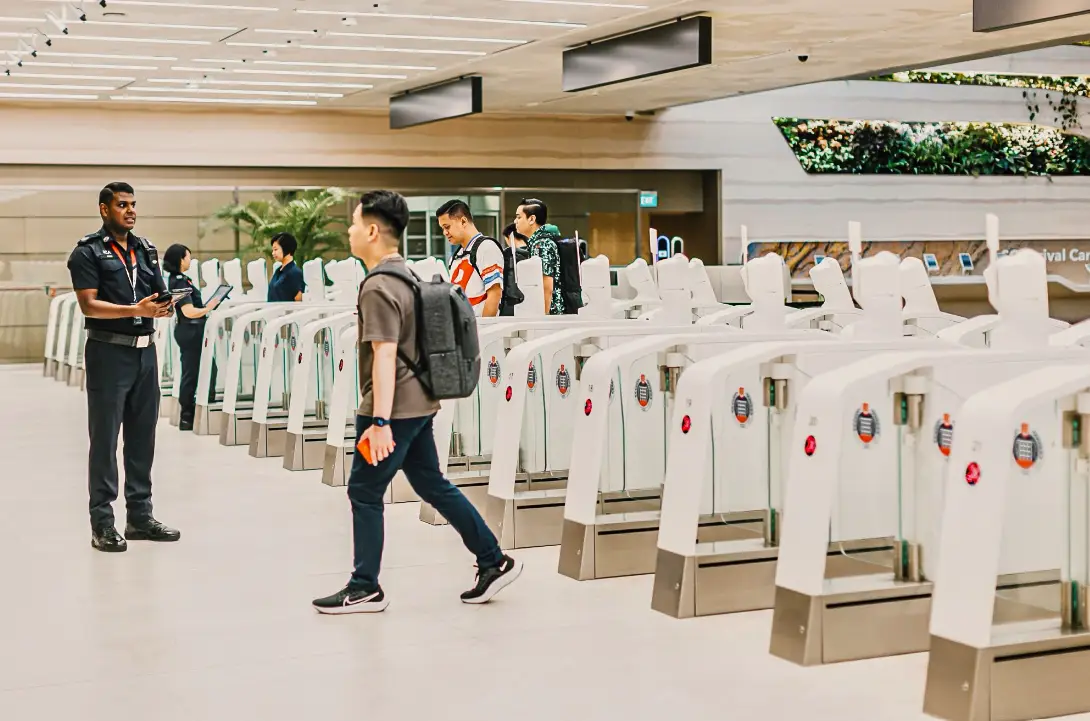Fake WiFi networks are targeting unsuspecting travelers. An Australian man has been charged by the Australian Federal Police (AFP) for allegedly setting up these networks to steal personal data.
The 42-year-old man is set to appear in Perth Magistrates Court to face nine charges related to cybercrime offenses. The AFP’s Western Command Cybercrime Operations Team analyzed seized data and devices, uncovering numerous personal credentials and fraudulent WiFi pages.
The investigation began in April 2024 when an airline reported a suspicious WiFi network found by its employees during a domestic flight. AFP investigators searched the man’s baggage at Perth Airport, seizing a portable wireless access device, a laptop, and a mobile phone. A subsequent search of his home led to his arrest.
Police allege that the man used a portable device to create ‘evil twin’ WiFi networks, which mimicked legitimate ones. When people tried to connect, they were redirected to fake webpages asking for email or social media logins. These details were then allegedly saved to the man’s devices.
The stolen credentials could provide access to personal information, including online communications, images, videos, and bank details. The fraudulent networks were detected at airports in Perth, Melbourne, and Adelaide, on domestic flights, and at locations linked to the man’s previous employment.
AFP Detective Inspector Andrea Coleman emphasized the importance of being cautious when connecting to public WiFi. She advised using reputable VPNs to secure data and avoiding sensitive activities like banking on public networks.
Coleman also recommended turning off WiFi in public to prevent automatic connections and using unique passphrases for different accounts. The ongoing investigation aims to determine the full extent of the alleged crimes.
Travelers who used free WiFi networks in airport precincts and on domestic flights are advised to change their passwords and report suspicious activity to Report Cyber.
The man faces multiple charges, including unauthorized impairment of electronic communication and possession of data with intent to commit a serious offense, carrying penalties of up to 10 years’ imprisonment.
How to stay safe while using free WiFi Networks
Here are a few steps you can take to protect yourself against this kind of attack:
Firstly, do not allow your device to auto-connect to public or unsecured networks. See how to disable it below.
Look out for unexpected behavior.
To connect to a free WiFi network, you shouldn’t have to enter any personal details, such as logging in through an email or social media account.
Install a trusted VPN to encrypt your internet traffic, regardless of the network you are using. We tried two premium VPN services: NordVPN and Surfshark. NordVPN is one of the most well-known one, however, we had difficulty logging in to NordVPN in Turkey and therefore changed it to Surfshark.
Learn more about protecting your privacy using a VPN.
How to Disable Auto-Connect
When you’re traveling, it may be safer to disable auto-connect on WiFi altogether.
On Android, it works roughly like this (steps may vary slightly depending on your Android version, device type, and vendor):
Settings > Network & Internet (or Connections) > WiFi > WiFi preferences (or Advanced). Toggle off Connect to public networks.
On iOS, you can disable auto-connect by doing this:
Settings > WiFi. Tap the (i) next to the network name and then toggle off Auto-Join.







